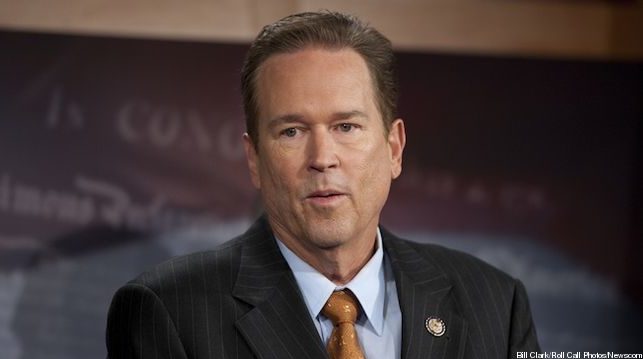By Michael Bastasch
For at least three decades scientists and environmental activists have been warning that the world is on the verge of a global warming “apocalypse” that will flood coastal cities, tear up roads and bridges with mega-storms and bring widespread famine and misery to much of the world.
The only solution, they say, is to rid the world of fossil fuels — coal, natural gas and oil — that serve as the pillars of modern society. Only quick, decisive global action can avert the worst effects of manmade climate change, warn international bodies like the United Nations, who say we only have decades left — or even less!
Of course, human civilization has not collapsed, despite decades of predictions that we only have years left to avert disaster. Ten years ago, the U.N. predicted we only had “as little as eight years left to avoid a dangerous global average rise of 2C or more.”
This failed prediction, however, has not stopped the U.N. and others from issuing more apocalyptic statements.
To celebrate nearly three decades of dire predictions, The Daily Caller News Foundation put together this list of some of the most severe doomsday prophecies made by scientists, activists and politicians:
1. Apocalyptic warnings on repeat
A group of 1,700 scientists and experts signed a letter 25 years ago warning of massive ecological and societal collapse if nothing was done to curb overpopulation, pollution and, ultimately, the capitalist society in which we live today.
The Union of Concerned Scientists put out a second letter earlier this year, once again warning of the dire consequences of global warming and other alleged ecological ills. Now numbering 15,000, the group warns “soon it will be too late to shift course away from our failing trajectory, and time is running out.”
“We must recognize, in our day-to-day lives and in our governing institutions, that Earth with all its life is our only home,” the scientists and experts warned.
It’s a terrifying warning — if you ignore the fact that none of their 1992 warning has come to fruition.
2. The planet will be “uninhabitable” by the end of the century
New York Magazine writer David Wallace-Wells published a 7,000-word article claiming global warming could make Earth “uninhabitable” by “the end of this century.”
Wallace-Wells’s article warned of terrors, like “Heat Death,” “Climate Plagues,” “Permanent Economic Collapse” and “Poisoned Oceans.”
“Indeed, absent a significant adjustment to how billions of humans conduct their lives, parts of the Earth will likely become close to uninhabitable, and other parts horrifically inhospitable, as soon as the end of this century,” Wallace-Wells wrote.
3. Prince Charles’s global warming deadline passed…and nothing happened
Prince Charles famously warned in July 2009 that humanity had only 96 months to save the world from “irretrievable climate and ecosystem collapse, and all that goes with it.” That deadline has passed, and the prince has not issued an update to when the world needs to be saved.
Though the recently-released “Paradise Papers” show Charles lobbied U.K. lawmakers to enact policies that benefited his estate’s investment in a Bermuda company that does sustainable forestry. So, there’s that.
4. ‘Ice Apocalypse’ Now
Liberal writer and climate scientist Eric Holthaus claimed manmade global warming would set off the “ice apocalypse” at a pace “too quickly for humanity to adapt.”
Holthaus warned the wholesale collapse of two Antarctic glaciers — Pine Island and Thwaites — could happen sooner than previously believed, resulting in “flooding coastal cities and creating hundreds of millions of climate refugees.” Sounds terrible, but his conclusions aren’t really backed up by the science.
“I think his article is too pessimistic: that it overstates the possibility of disaster. Too soon, too certain,” Tamsin Edwards, a scientist who’s studied Antarctica, wrote in The Guardian about Holthaus’s article.
5. 2015 is the ‘last effective opportunity’ to stop catastrophic warming
World leaders meeting at the Vatican issued a statement saying that 2015 was the “last effective opportunity to negotiate arrangements that keep human-induced warming below 2-degrees [Celsius].”
Pope Francis wants to weigh in on global warming, and is expected to issue an encyclical saying basically the same thing. Francis reiterated that 2015 is the last chance to stop massive warming.
But what he should really say is that the U.N. conference this year is the “last” chance to cut a deal to stem global warming…since last year when the U.N. said basically the same thing about 2014’s climate summit.
6. France’s foreign minister said we only have “500 days” to stop “climate chaos”
When Laurent Fabius met with Secretary of State John Kerry on May 13, 2014 to talk about world issues he said “we have 500 days to avoid climate chaos.”
Ironically at the time of Fabius’ comments, the U.N. had scheduled a climate summit to meet in Paris in December 2015 — some 565 days after his remarks. Looks like the U.N. is 65 days too late to save the world.
7. Former President Barack Obama is the last chance to stop global warming
When Obama made the campaign promise to “slow the rise of the oceans,” some environmentalists may have taken him quite literally.
The United Nations Foundation President Tim Wirth told Climatewire in 2012 that Obama’s second term was “the last window of opportunity” to impose policies to restrict fossil fuel use. Wirth said it’s “the last chance we have to get anything approaching 2 degrees Centigrade,” adding that if “we don’t do it now, we are committing the world to a drastically different place.”
Even before that, then-National Aeronautics and Space Administration Goddard Space Flight Center head James Hansen warned in 2009 that Obama only “has four years to save Earth.”
8. Remember when we had “hours” to stop global warming?
World leaders met in Copenhagen, Denmark in 2009 to potentially hash out another climate treaty. That same year, the head of Canada’s Green Party wrote that there was only “hours” left to stop global warming.
“We have hours to act to avert a slow-motion tsunami that could destroy civilization as we know it,” Elizabeth May, leader of the Greens in Canada, wrote in 2009. “Earth has a long time. Humanity does not. We need to act urgently. We no longer have decades; we have hours. We mark that in Earth Hour on Saturday.”

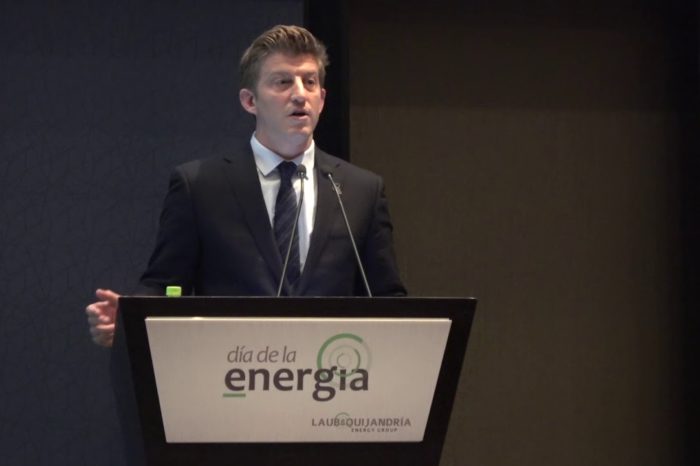



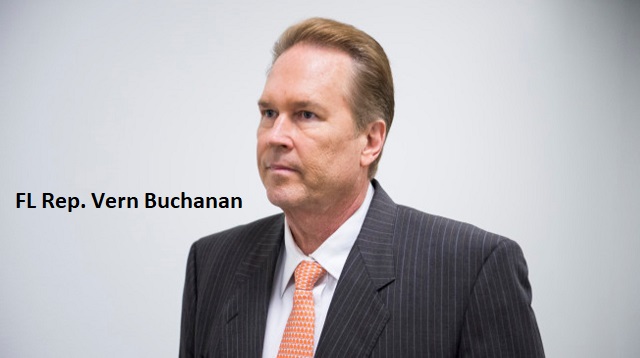

 According to its website:
According to its website:





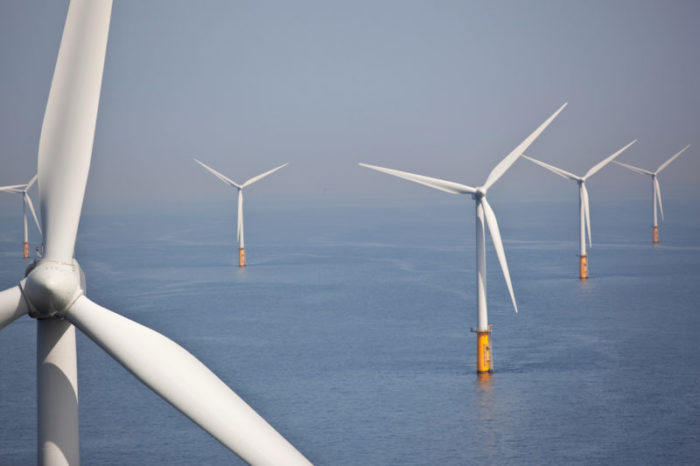

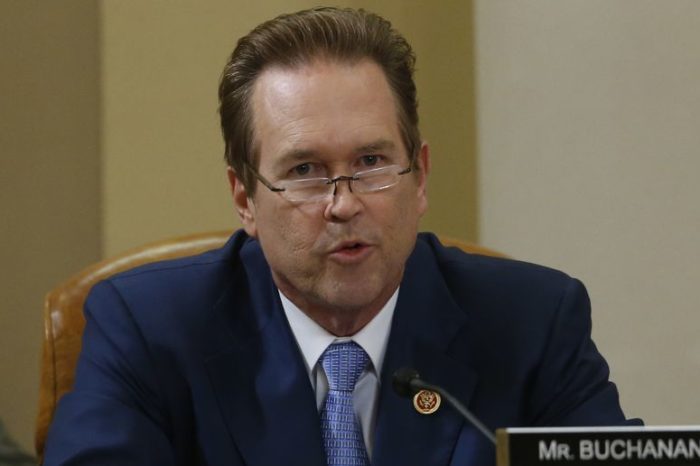
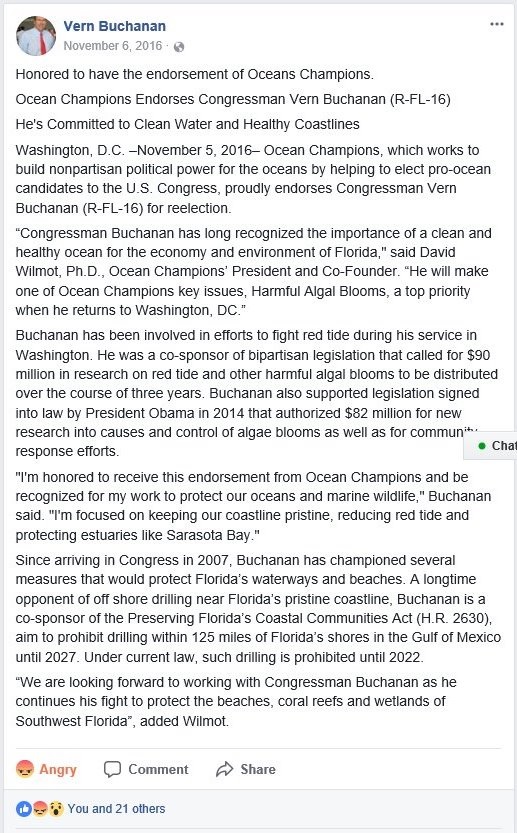



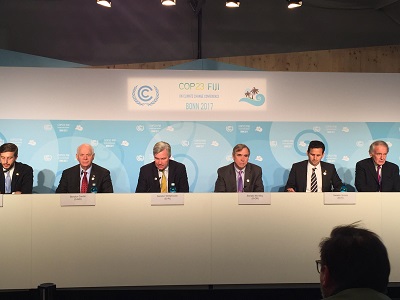
 Billions or even trillions of dollars will never satisfy the radical greens. Raijeli Nicole, regional director for Oxfam in the Pacific, put it this way, “For the most part, rich countries showed up to Bonn empty-handed. Instead, we got a tepid agreement that they’ll report back next year on progress towards their $100 billion promise.” The $100 billion promise is the annual UN Green Climate Fund that currently contains only about $10 billion.
Billions or even trillions of dollars will never satisfy the radical greens. Raijeli Nicole, regional director for Oxfam in the Pacific, put it this way, “For the most part, rich countries showed up to Bonn empty-handed. Instead, we got a tepid agreement that they’ll report back next year on progress towards their $100 billion promise.” The $100 billion promise is the annual UN Green Climate Fund that currently contains only about $10 billion. Cathie Adams currently serves as the “International Issues” chairman for Eagle Forum and on the board of the national
Cathie Adams currently serves as the “International Issues” chairman for Eagle Forum and on the board of the national 